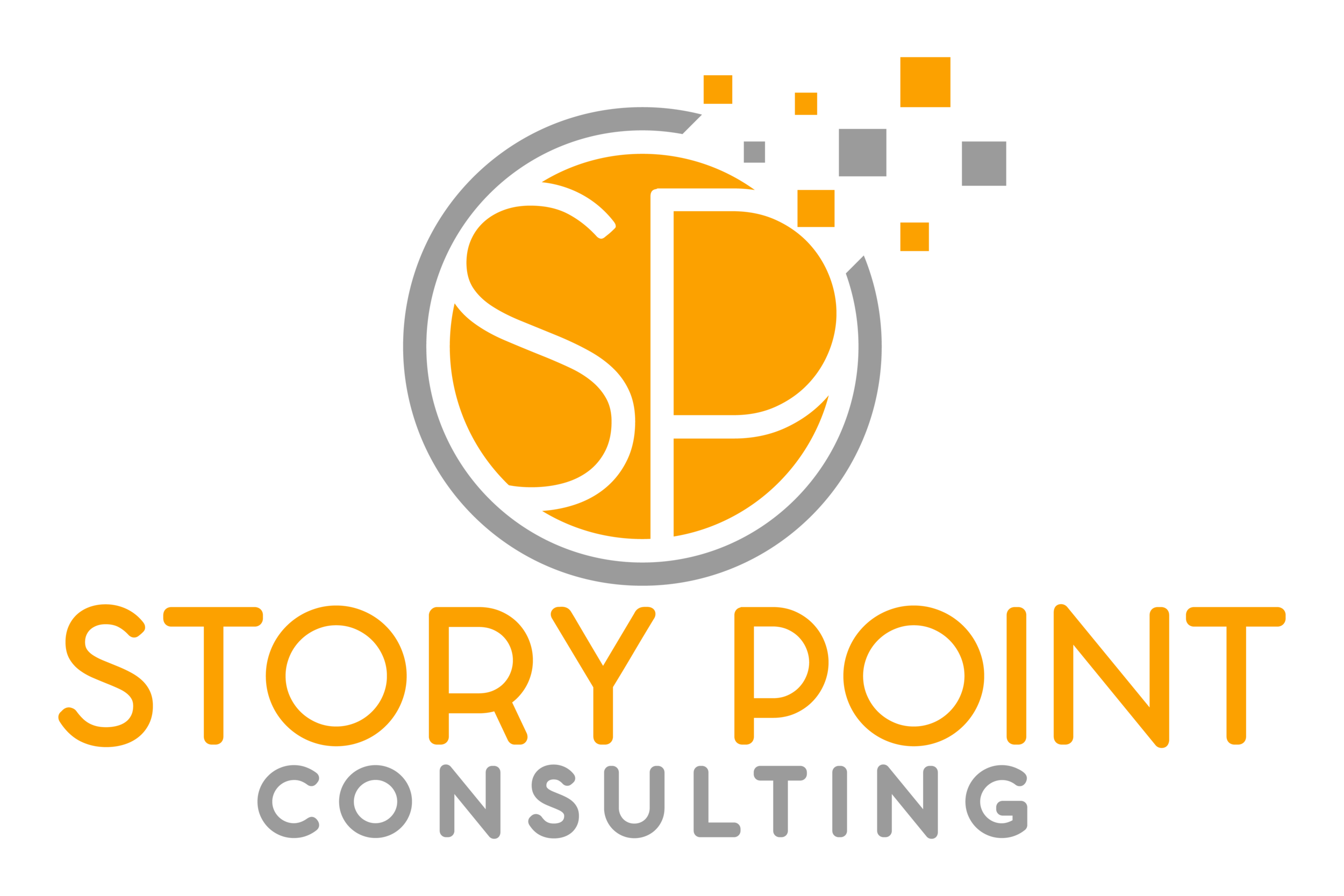Unlocking Your Board’s Fundraising Potential: 7 Simple Strategies
The board of directors is essential in maintaining the financial health of your nonprofit organization over the long term. One of their key responsibilities is to establish how the organization will secure its funding and to actively engage in the fundraising process. This includes creating a strategic plan for fundraising, identifying various funding sources, and setting financial targets.
Board members are not just advisors; they play an active role in fundraising activities. This might involve using their connections to attract donors, participating in fundraising events, and making personal contributions. Their active involvement is crucial in demonstrating their commitment to the organization’s mission and in encouraging others to contribute. This collective effort helps build a strong financial base, ensuring the nonprofit can continue to fulfill its goals and make a positive impact.
In this article we will discuss simple strategies that your organization can implement to encourage more active fundraising engagement from board members.
Targeted recruitment
The first strategy to encourage your board members to be more engaged in fundraising is targeted recruitment. Your organization needs to be clear, right at the recruitment stage that you are seeking board members with fundraising expertise. Or, that your organization has an expectation that board members will be involved in fundraising. You can do this by including specific skills and responsibilities right in the job description. When you are specific in the job description, volunteers will know what is expected of them.
Create job descriptions for the board
Having job descriptions are particularly helpful if you have board members that are inactive, or not as engaged with your organization as you would like. If you would like board members to fundraise, the job description should certainly reference fundraising. Furthermore, it should be specific about what activities board members are responsible for. For example, board members are expected to familiarize themselves with your nonprofit’s case for support, or, board members are expected to attend fundraising events. The more you can list in terms of what you expect of board members, the better.
It is also important to revisit the job descriptions annually to see if they are still meeting your organization’s goals. Job descriptions not only make sure your organization has someone working on all tasks needed, but it also makes it easier for volunteers to understand what is expected of them so they can do a good job. And ultimately, it helps volunteers feel supported, and helps them to do their best work.
Seek professional development for your board members
If you have an enthusiastic board member that wants to contribute their skills, but needs more support due to a lack of experience in certain areas, professional development is a great option. For example, you can hire a nonprofit consultant to guide you through the process of creating a fundraising plan, or to provide some training for board members so they can be more effective.
If you have a small budget there are a host of free webinars and low-cost courses that would be beneficial to board members. Learning and development opportunities can be very helpful in retaining your volunteers as well, because people love to learn and enhance their skills.
Be intentional about ongoing communication and involvement of your board in fundraising
Spend time at meetings updating the board on fundraising activities, and discuss how they can be involved. Also, ask your board members how they would like to be involved. People are more likely to be engaged in activities that they like participating in, so rather than simply assigning board members specific activities, ask them where they would like to help, and delegate activities from there.
Leverage technology
Leveraging technology is a great way to keep your board engaged, as you can easily report to your board on your fundraising progress. Keeping your board informed with your fundraising progress to-date, or recent donations that were significant, can help keep people engaged and interested. If you are not an expert in summarizing data and creating reports, donor management software can help make that easier for staff, and also help the board to be accountable in monitoring the progress towards your fundraising goals.
Listening to your board members concerns
Another thing to consider when you have a board member that may not be contributing in the way you would like is to listen to their feedback. It can be difficult when you feel like someone is not open to new ways of thinking or doing things. However, you should be prepared to listen to them and see if they’re experiencing challenges. Perhaps they are not contributing because they lack a good job description. Maybe their availability has changed, and that’s why they are not attending meetings. Or perhaps they need training to be more effective at their position. There are always two sides to a story, so always approach challenges with an open mind and a willingness to listen.
Create a fundraising committee
The final simple strategy is to create a fundraising committee. This can be a particularly great option if your board lacks experience in fundraising. The committee can include your board chair along with additional board members to act as liaisons between the committee’s work and the board. You can also invite community members with additional expertise to join as well.
There are many benefits of having a committee. It can help you create relationships with more volunteers, and can help you lean on the expertise of a fresh group of people that your board can rely on.
A surefire way to engage your board in fundraising is to ensure that they are adequately supported. These seven strategies help make it easy for your board members to participate in fundraising, and even enjoy their work. Helping the board members see the direct connection between fundraising and the work of your nonprofit’s mission will allow them to make valuable contributions and improve your organization’s opportunities for long-term financial stability.




